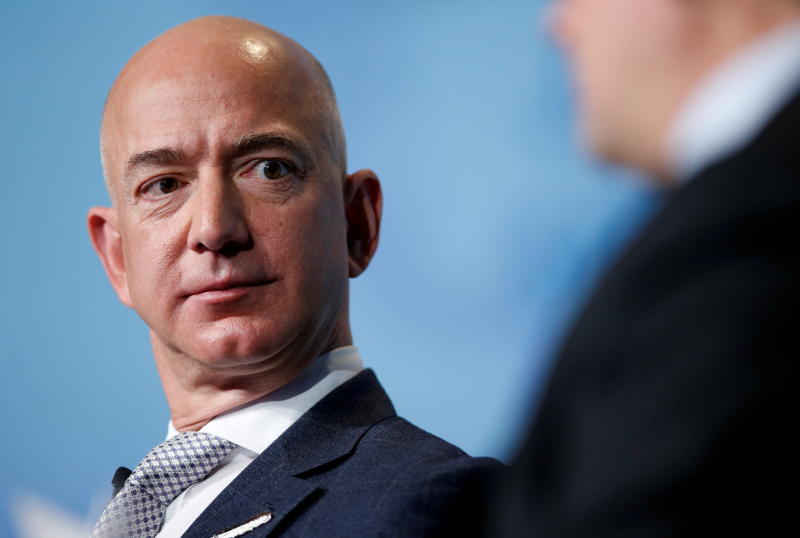×
The Standard e-Paper
Kenya’s Boldest Voice

Jeff Bezos, the founder of Amazon – the world’s largest online retailer – recently reclaimed his spot as the world’s richest man with a record Sh20 trillion net worth.
The 57-year-old founded the e-commerce giant in 1994 from his garage in Seattle, US and stepped down as CEO this year to be executive chairman. Amazon was first an online bookstore before expanding into a global superstore that sells almost every imaginable product.